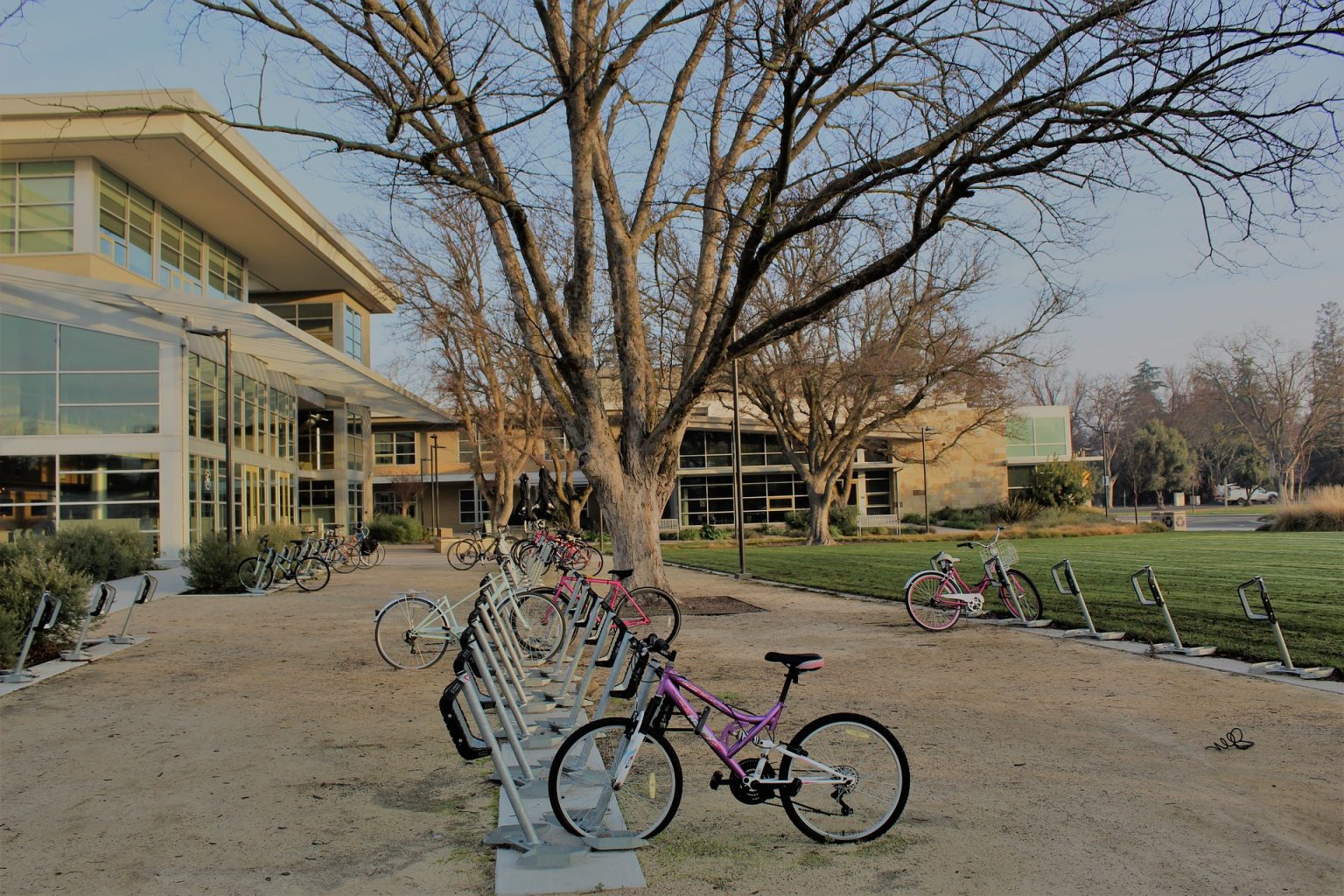
Managing expectations while developing a college list is not easy. High school students today deal with a lot of “noise” from peers, parents, teachers, counselors, and if they are really unlucky, random people who have no business talking to them about college (I am looking at you Jay the Lyft driver). It is a hot topic and social media chatter does not help. Where they will go, what they will major in; there seems to be nothing sacred about the journey and no one feels compelled to keep their mouth shut.
And then there’s the critical issue that comes up with many of the students I work with: getting into the most selective American colleges is more fiercely competitive than ever before, with many schools reporting a record number of applicants (again), and corresponding record low admit rates (again). To many, this news is fear-inducing. How will I (or my child, parents have a lot of college-related fear, too!) possibly get admitted to a “top” college or university?
Answering how is hard. There are no silver bullets in this process, and the reality is with college admit rates under 10, 20, 30 percent at the most selective colleges and universities, most applicants won’t get admitted to these schools.
But here’s the thing: there are hundreds of other amazing schools that, in a heartbeat, most students would be happy attending. There is a nasty misconception that the most selective colleges and universities offer some magical golden ticket to greatness and a happy, fulfilling, and successful life. This is a myth. A name is just a name. Yes, brand means something to many people, and over time having a certain college on your resume might help your salary tick up, but it won’t help everyone and in the ways that many people think it will.
Instead of trying to become the applicant you think one of these uber selective schools will admit, I suggest a path of far less resistance and more authenticty—a path that includes looking at colleges where you have a realistic chance of being admitted, colleges that, perhaps, spark real joy.
But again, how?! Try taking a page out of Marie Kondo’s book. The KonMari Method is Marie Kondo’s minimalism-inspired approach to tackling your stuff category-by-category rather than room-by-room. Here’s how I have applied it to creating a college list. There are six basic rules to get started:
- Commit yourself to tidying up your list
- Imagine your ideal college
- Remove colleges from the list first (the ones you know you will not attend); before getting rid of colleges from the list, sincerely thank each of them for serving a purpose
- Evaluate your list by category.
- Follow the right order
- Ask yourself if each college sparks joy
The categories to consider, in order:
- Academic offerings
- Financial considerations, cost
- Extracurricular offerings, social life, and happiness of students
- Eligibility and competitiveness for admission
- Miscellaneous Items (admit rates, legacy, special programs, study abroad etc.)
As you tidy your list ask yourself: why do I want these colleges on my list? Do they spark joy, meaning, does what they have to offer academically, extracurricularly, socially, and financially get me excited to attend? Am I more drawn to the name of the school, the brand, the prestige? What will school A (that I probably won’t get into) offer me that school B (that I probably can get into) cannot and vice versa? Am I evaluating colleges in a way that emphasizes my college priorities (and not my parents or my peers)?
Kondo believes that if you tidy your space, you can transform your life. I believe that if you tidy your college list, you can transform your college application journey. Shoot me an email to schedule a free 30-minute to learn more about how BMC supports students on their college applications and more.
*Stay in the know! Subscribe*








